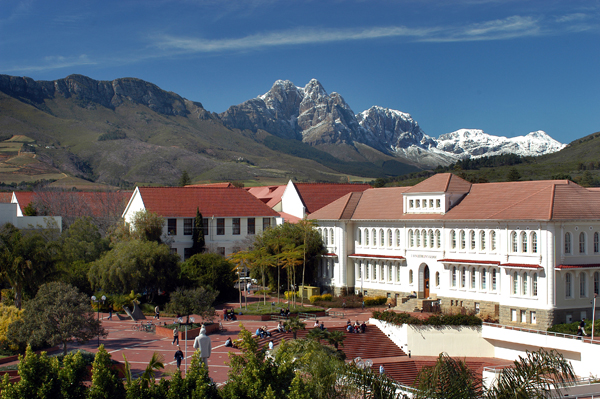The course offers a flexible study opportunity for people who are already working, but are interested to advance their knowledge, skills and networks in the field of public science communication and engagement. The course is 100% online and therefore participants do not need to travel to Stellenbosch.
The content is aimed at people who work as communicators or managers at the interface between research and public/policy audiences, typically at universities; science councils; government departments; statutory bodies; research funding agencies; industry organisations or NGOs, as well as communication and outreach staff of museums, science centres, zoos, aquaria, planetaria, etc.
The course has a specific focus on challenges of science communicators working in developing-world contexts.
Course content
This course provides an introduction to science communication as a field of research and practice. It explores the theory behind it (why we do it) and also good practice (how to do it). The six course modules for 2016 are:
- Setting the scene: Definitions, rationale, key concepts, role players
- Emerging trends, challenges and big debates in science communication
- Science communication platforms: Mass media, social media & creative approaches
- Practical skills for the science communication professional
- Best practice, guiding principles and ethics
- Global voices and beacons in science communicationCourse dates, structure and platform
This course will be presented over 12 weeks. During the first six weeks participants will work through study materials on the six modules listed above, with a short written assignment each week. This is followed by six weeks to complete a practical science communication project.
Successful participation will require five to six hours per week, adding up to 30 – 36 hours over a period of six weeks. Participants should plan to spend at least another 15 – 20 hours on the final practical assignment.
The course will be presented through SunLearn – the web-based learning management system at Stellenbosch University. Participants must have access to a reliable and reasonably fast and stable internet connection in order to be able to download the multimedia components of the class and participate in online forums.
Upon successful completion of the course students will receive a certificate from Stellenbosch University.

